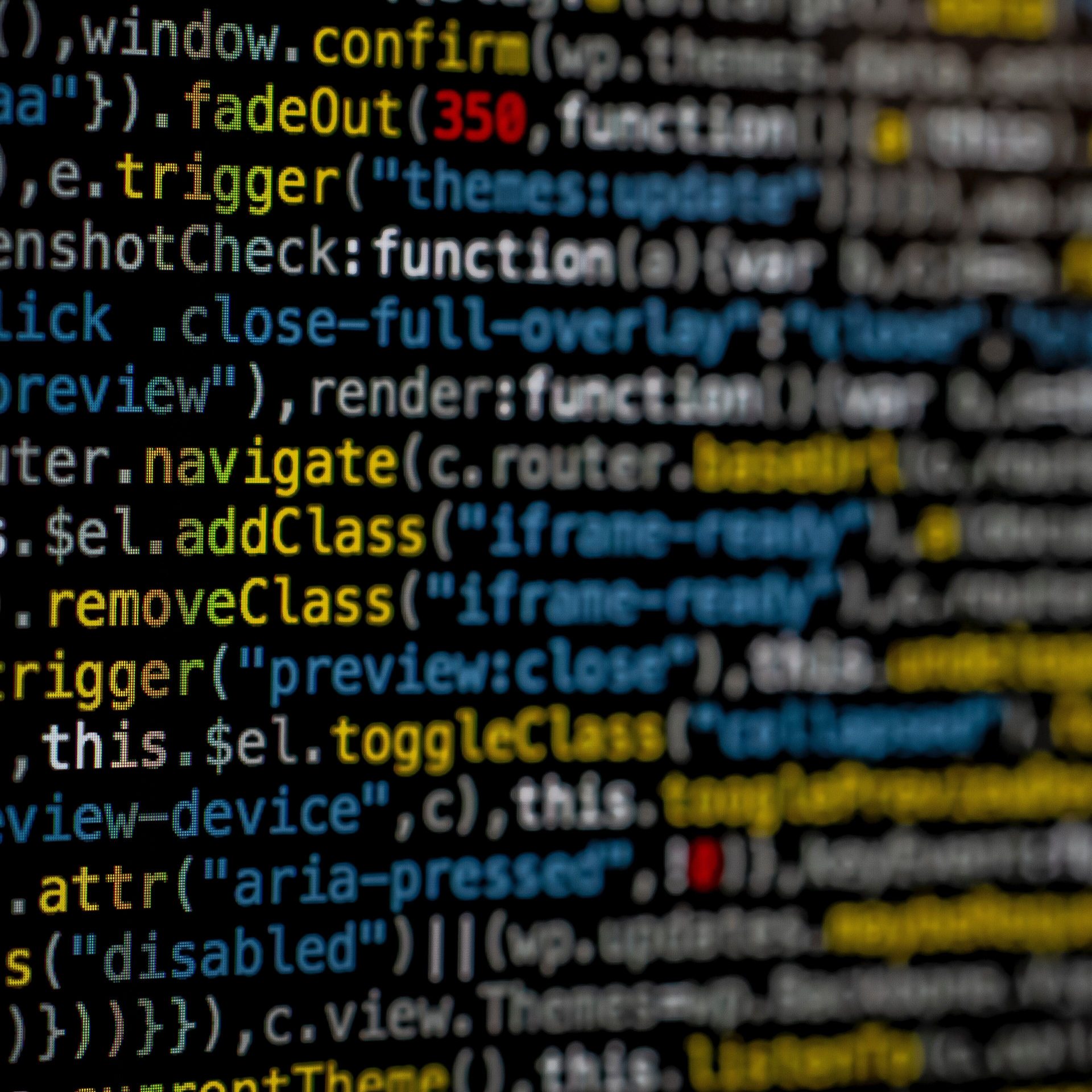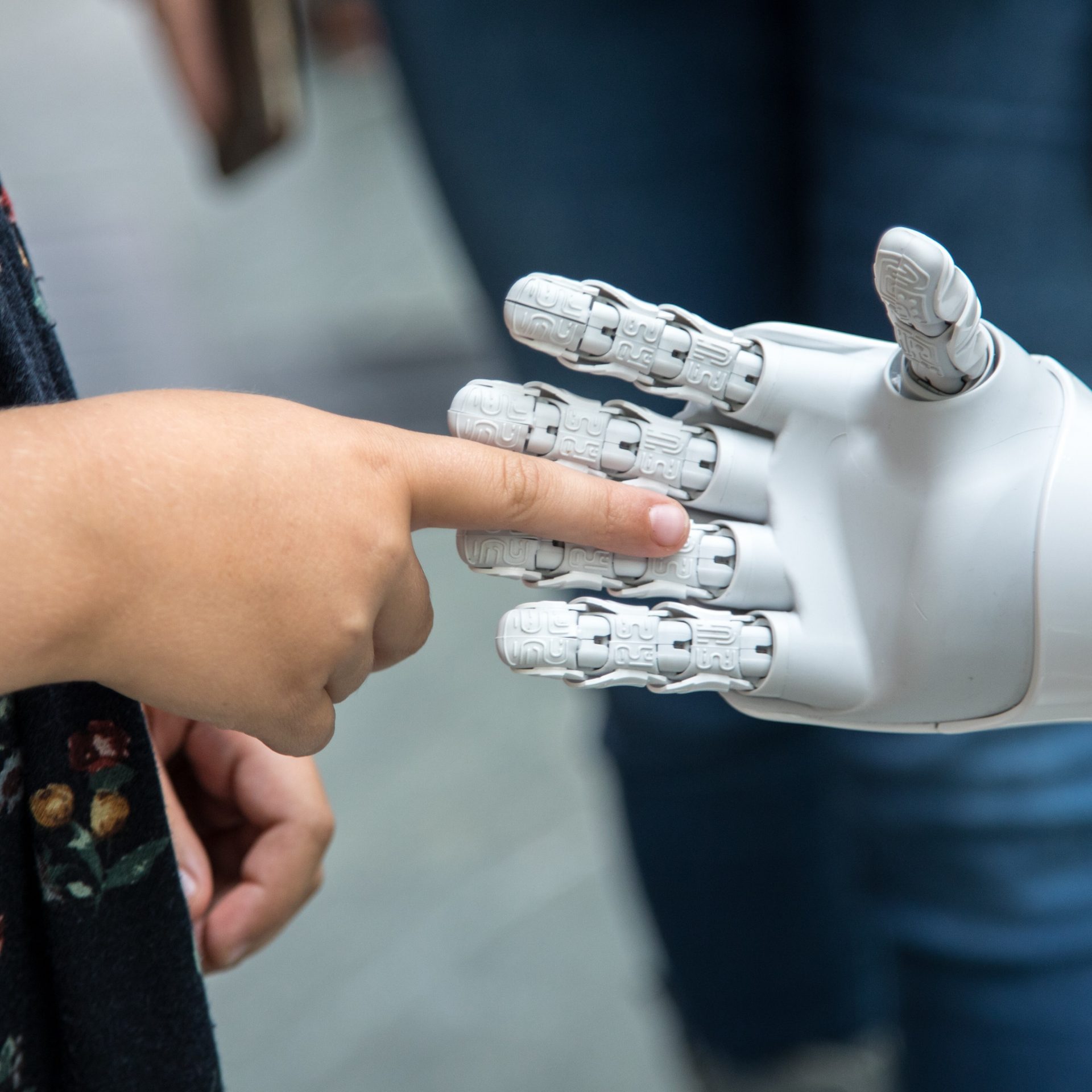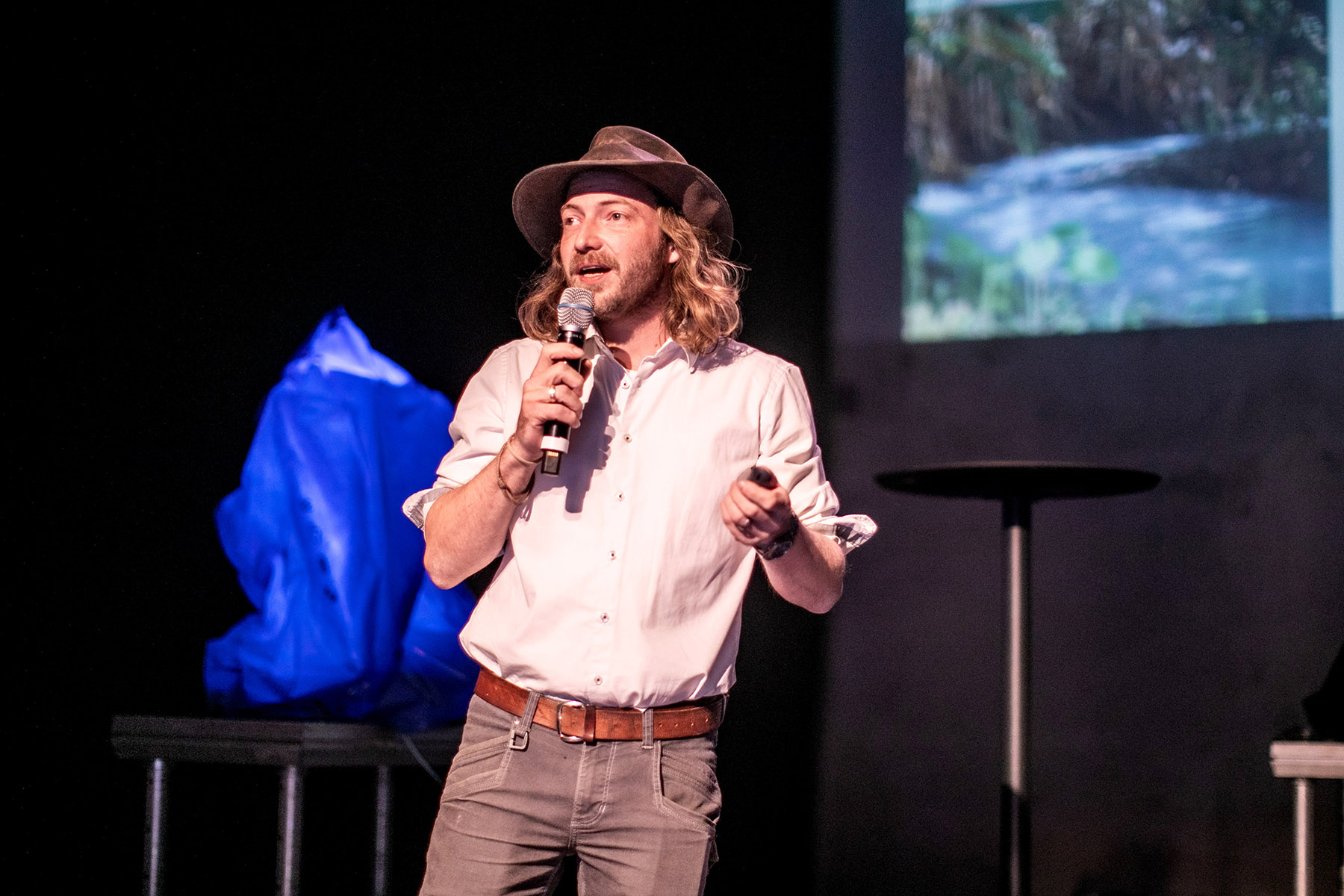
Rasha Abdel Rahman (Science of Intelligence), “How Intelligent Is Visual Perception?”
MAR 2.057Abstract: Visual perception is shaped by the input from our physical environment and by expectations derived from our sensory experience with the visual world. But is what we see also influenced by higher cognitive capacities such as memories, language, semantic knowledge or (true or false) beliefs? And if so, what are the consequences on how















